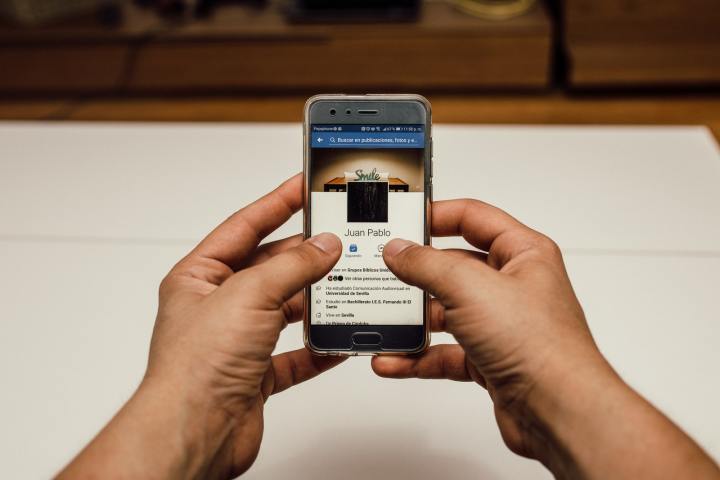
The U.S. Department of Homeland Security now allows officers to create fake profiles to try to catch lies on visa, green card and citizenship applications — but Facebook doesn’t. After the DHS updated its policies last week, Facebook released a statement saying that the network will remove any fake accounts, even if those fake accounts come from undercover government agents.
“Law enforcement authorities, like everyone else, are required to use their real names on Facebook and we make this policy clear. Operating fake accounts is not allowed, and we will act on any violating accounts,” Facebook’s Sarah Pollack said in a statement to the Associated Press.
The updated DHS policy allows officers to create fake online profiles — which was previously banned by the agency — in order to spot potential security concerns, as well as fraud. The policy, updated in July and shared online last week, keeps a few restrictions in place, however.
Officers are not allowed to interact with users and cannot send friend requests or follow a user to access posts with more stringent privacy settings. According to the AP, officers are required to undergo annual training related to the policy. While the change doesn’t allow officers to access private posts, some content is difficult to access without an account.
A review of social media accounts are now part of the application process for a U.S. visa, but the way some social networks are designed makes much of the user’s information inaccessible to third parties who do not have an active account. Fake accounts could potentially allow the agent reviewing the application to have easier access to this data. According to the AP, the practice would likely be used on applications that are flagged for further review.
Fake accounts have long been against Facebook rules and the network says automated processes help find and block millions of fake accounts on a daily basis. The network says that all detected fake accounts — including any that could come from the DHS policy change — are blocked and removed.
Twitter’s policy also bans fake accounts, but the network says it is reviewing the new DHS guidelines to determine how to proceed.



